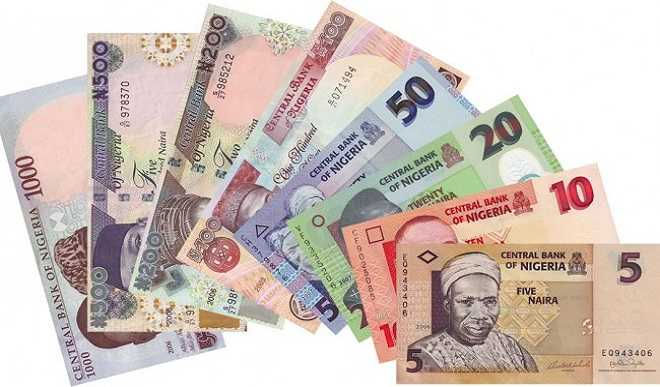THE FG WOULD BORROW N5.62 TRN TO COVER THE DEFICIT IN THE 2022 BUDGET-FINANCE MINISTER
- Omoruyi Enoma

- Aug 18, 2021
- 2 min read

The Federal Government has proposed borrowing N5.62 trillion to cover shortfalls in the
2022 budget, as well as reducing capital expenditure by N259.315 billion.
The planned budget for 2022 by the Federal Government is N13.918 trillion.
While presenting the 2022—2024 Medium Term Expenditure Framework (MTEF) and Fiscal Strategy Paper (FSP) to the House Committee on Finance, Minister of Finance, Budget and National Planning Zainab Shamsuna Ahmad stated that the reduction was necessary due to economic volatility caused by an unstable global oil market as well as the effects of the covid-19 pandemic.
“On capital expenditure, the sum of N1,759,804,022,579 will be available to Ministries, Departments, and Agencies of Government in 2022, as opposed to N2,019,119,204,546,” she says.
The naira is pegged at N410 to $1 (US Dollar) in terms of the exchange rate, just as the minister informed legislators that the prediction is likely to drop down in favour of the naira in 2023.
“The budget shortfall and the financing components for the expenditure,” the minister explained the deficit. The estimated budget deficit in 2022 is N5.62 trillion, up from N5.60 trillion in 2021.”
“New foreign borrowing will be used to cover the deficit. And N4.89 trillion in domestic borrowing, both domestic and foreign, followed by N90.73 billion in privatisation revenues and N635 billion in drawdowns from existing project titles.
“This sum represents 3.05 per cent of anticipated GDP, which is somewhat higher than the Fiscal Responsibility Act's suggested spending threshold of 3%.
In terms of revenue estimates, the minister indicated in the paper that, based on the decision of the Federal Executive Council (FEC), N6.54 trillion is estimated to be realized for the fiscal year 2022, with N9.15 trillion predicted in 2023.
“The money we intend to accrue to the Federation Account and VAT is N6.54 trillion and N2.62 trillion, respectively,” she said.
She also revealed that net oil and gas revenue will be available for distribution from the Federation Account.
The MTEF/FSP includes important macroeconomic assumptions such as a crude oil benchmark price of $57 per barrel in 2022, crude oil production of 1.88 million barrels per day, a dollar exchange rate of N410.15 to one US dollar, a nominal GDP of 149.369 trillion, and an inflation rate of 13% in 2022.
“What's notable is that non-oil GDP is still growing at 169.69 trillion, despite the nominal GDP including oil GDP of 14.68 trillion. The total nominal consumption is 130,49.36 billion dollars.
In terms of unemployment, the documents revealed that 82.9 million Nigerians are classified as poor.
Global economic growth is expected to decelerate to 4.9 per cent in 2022, according to the minister, who also warned that Nigeria remains vulnerable to risk aversion in the foreign exchange market and naira depreciation.
The MTEF/FSP are documents that outline the federal government's socio-economic and developmental goals and priorities for the years 2022-2024.
It also contains financial strategies and policies to implement in order to meet government economic priorities, as well as highlights of the government's revenue and spending plans.




What a country